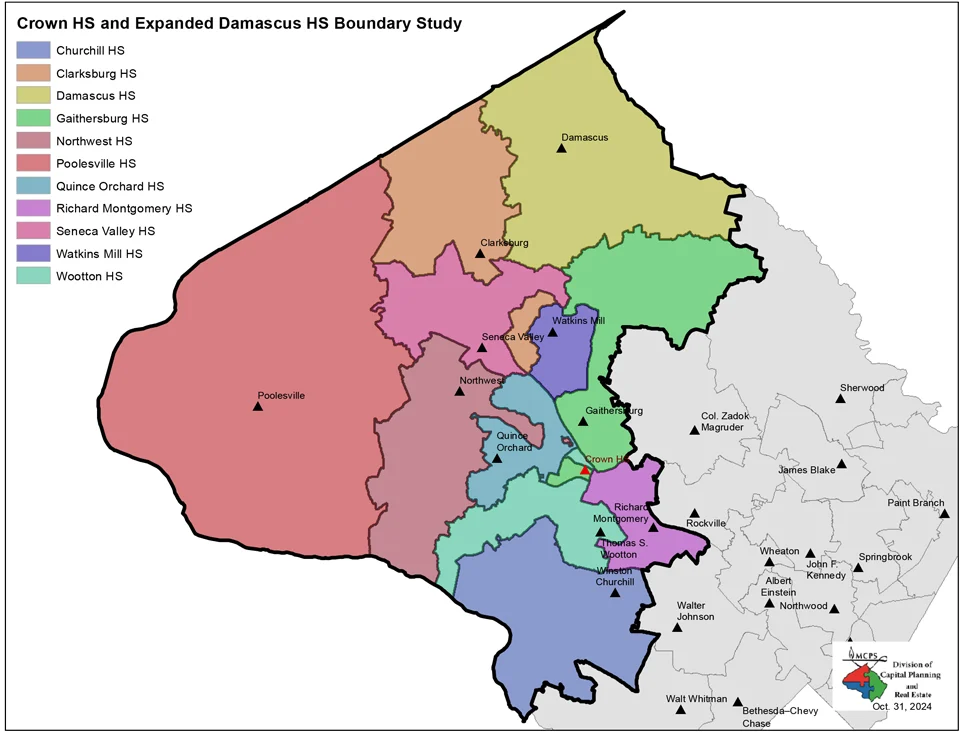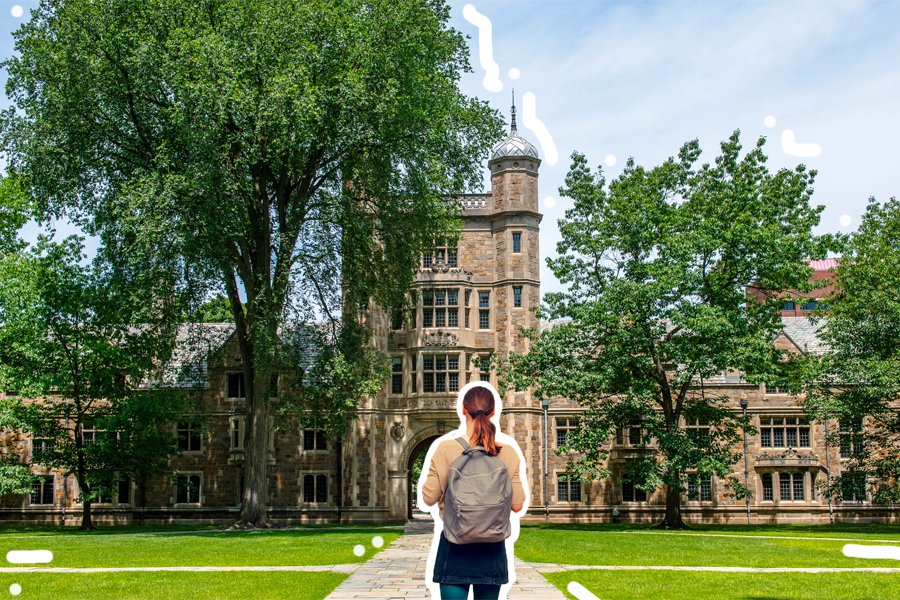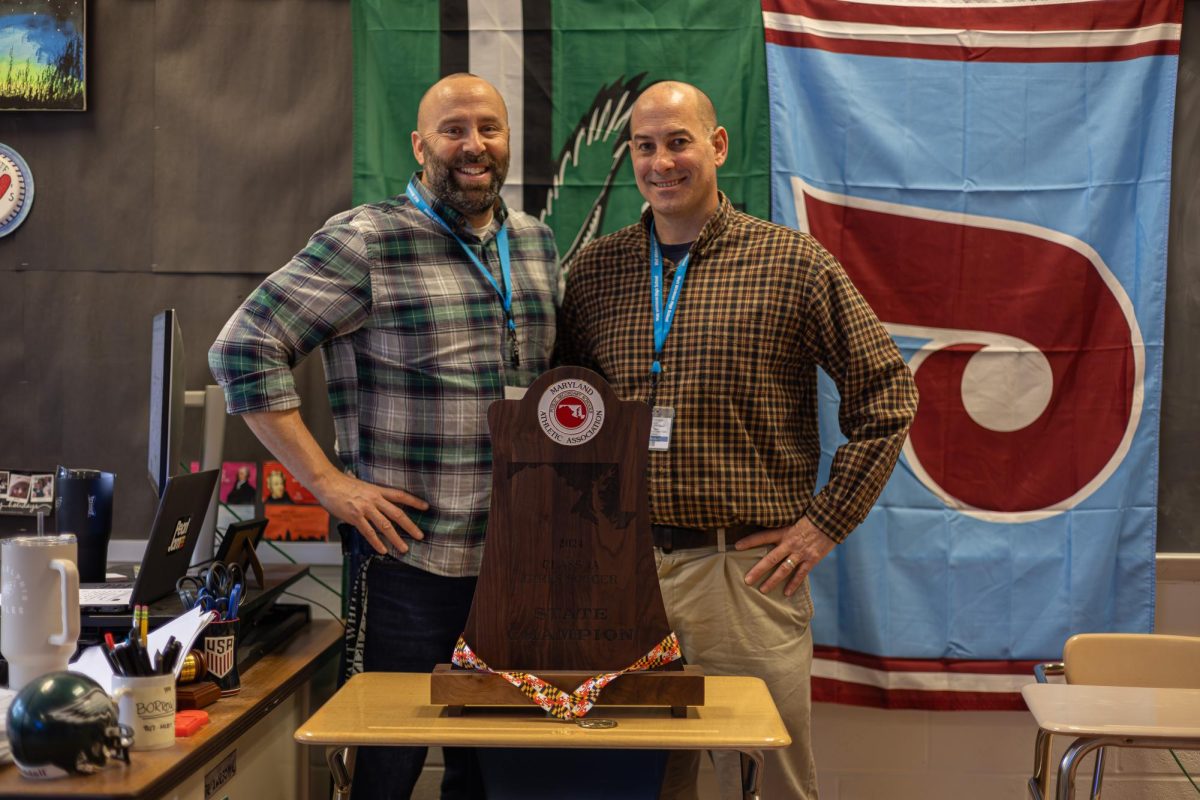At noon Wednesday, Larry Hogan was inaugurated as the 62nd governor of Maryland, becoming one of the few Republicans to fill the post in the state’s long history. In a heavily Democratic state, his election win was what he called “the biggest upset in the country.”
However, after a campaign light on policy promises, it’s unclear what the change means for students. The conservative Hogan has to contend with a Democratic legislature that hopes to curtail his reforms. Now that he’s taking his first steps in elected office, we have new insight into what we might expect in the next four years.
Education: Hogan strongly supports expanding the state’s charter school program to allow more of the independent schools that students can choose to attend. Currently, Maryland charter schools are bound by the same district regulations as normal public schools, limiting the ability of charters to provide creative alternatives. The new governor is also in favor of a recent initiative to start school after Labor Day, which would push the school year back by about 10 days.
In his budget, officially released earlier today, Hogan also called for cuts to the Geographic Cost of Education Index that helps account for varying costs of public school. These cuts would cost MCPS an estimated $17 million, and superintendent Joshua Starr has already expressed his opposition.
Taxes: The Hogan campaign has focused on reducing taxes, promising on its website to “get the government off our backs and out of our pockets.” Although few Whitman students have to file their own taxes, households may get a significant respite after consistent tax raises by the O’Malley administration.
Public Services: Hogan’s push to reduce the size of government means that state-level projects are likely to be cut down or shelved entirely under his leadership. A prominent local example is Metro’s proposed Purple Line that would run from Bethesda to New Carrollton—the project is currently under review in Hogan’s budget, and he’s expressed opposition to it in the past.
Hogan does appreciate a few local institutions, most notably the Washington football team, which plays in Landover, Maryland. The governor supports incentives to keep the team playing in the state and has opposed recent efforts to force the team to change its allegedly racist name.
Whatever policies Hogan pushes for, he hopes that the new era in Annapolis will not be one of partisanship and political gridlock.
“Let us sit down together and come up with real, bipartisan common sense solutions,” Hogan said in his inaugural address. “That’s what the people of Maryland voted for, it’s what they want and it’s what they deserve.”









